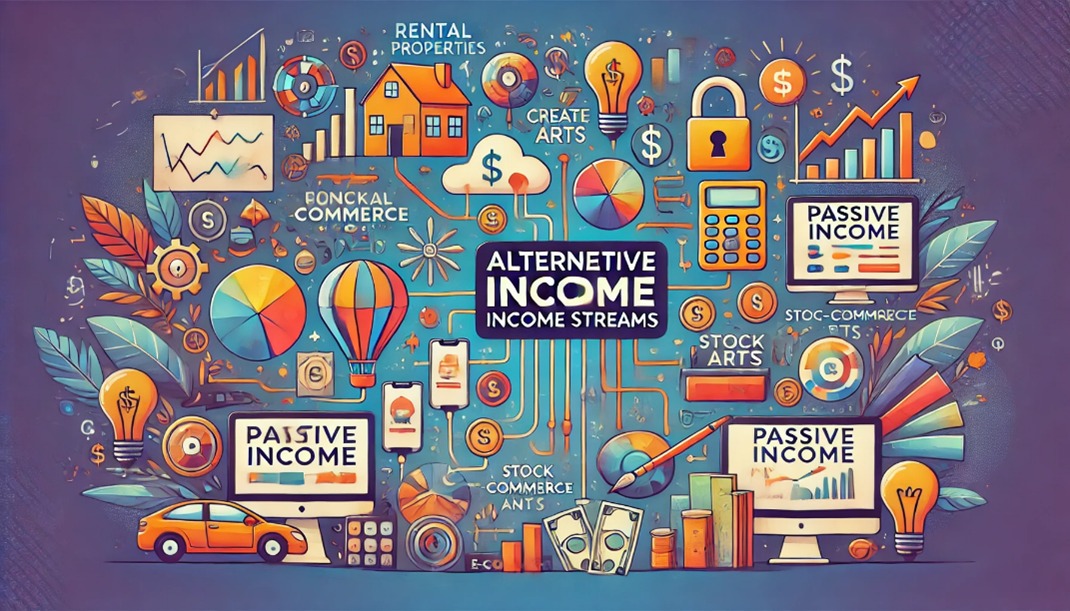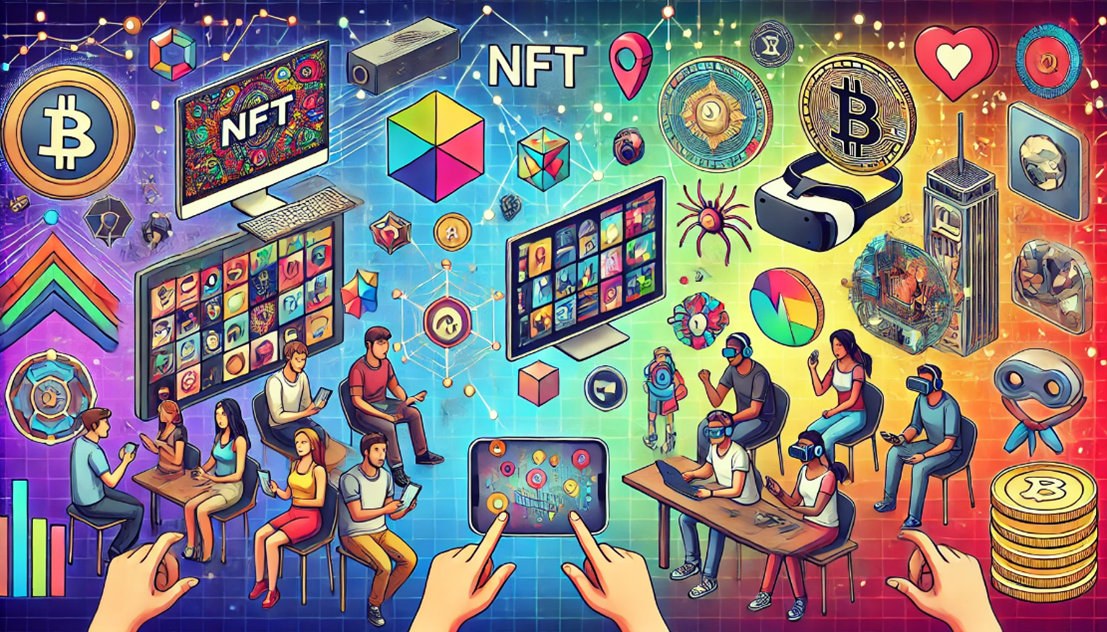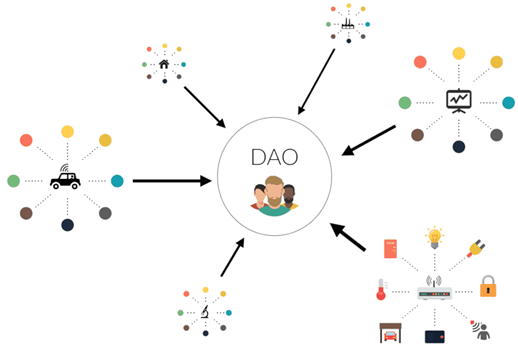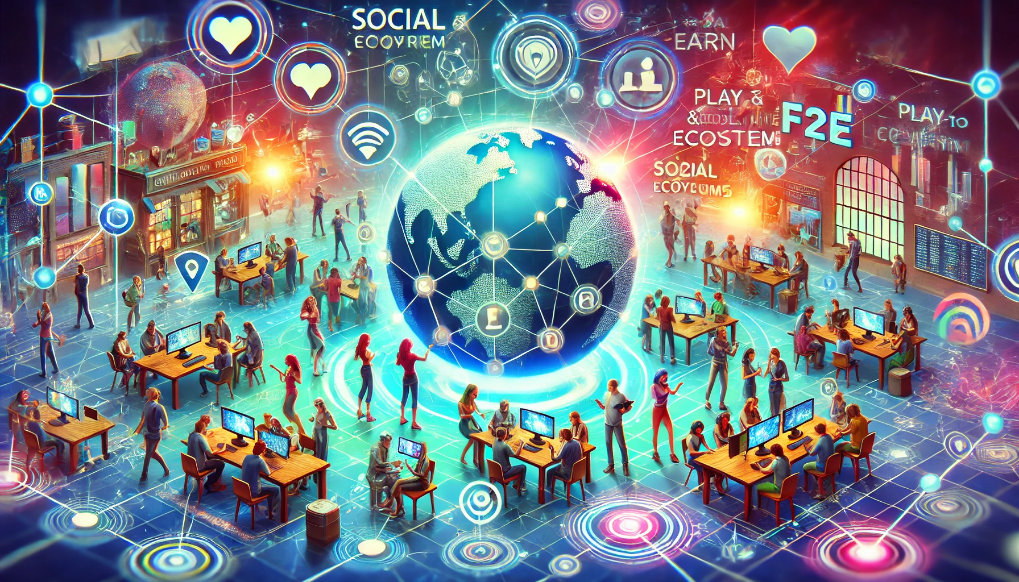Economic opportunities P2E offers to the region

Economic opportunities P2E offers to the region
by Maximilian 03:11pm Jan 17, 2025

Play-to-Earn (P2E) gaming offers significant economic opportunities to Southeast Asian countries like the Philippines, Vietnam, Indonesia, and Thailand by creating new income streams and fostering digital economies. Here are the key economic benefits:
1. Alternative Income Streams
Supplemental and Primary Income: P2E gaming allows individuals, especially in rural and low-income areas, to earn money by playing games. In some cases, players have replaced traditional jobs with P2E gaming.
Low Entry Barriers: Affordable smartphones and internet access enable widespread participation without needing substantial initial investment.

2. Micro-Entrepreneurship
Asset Ownership: Players can own, trade, and rent in-game NFTs and digital assets, allowing them to act as micro-entrepreneurs.
Scholarship Programs: Guilds like Yield Guild Games (YGG) offer "scholarships" where asset owners lend NFTs to players, sharing profits and lowering barriers to entry.
3. Job Creation in Digital Sectors
New Roles: P2E ecosystems create jobs beyond playing, including community managers, content creators, developers, and marketers.
Esports and Streaming Careers: Players and influencers can generate income through streaming gameplay, creating content, and participating in P2E esports events.
4. Growth of Blockchain and Fintech Ecosystems
Crypto Adoption: Increased use of cryptocurrencies for in-game transactions accelerates digital finance adoption.
Startups and Innovation: The success of P2E has inspired local startups to develop new blockchain games and related platforms, driving tech sector growth.

5. Financial Inclusion
Access to Global Markets: P2E games connect players to global financial systems, enabling cross-border earnings without traditional banking barriers.
Savings and Investment: Players can convert earnings into stable assets or invest in other digital opportunities, promoting better financial practices.
6. Boost to Local Economies
Consumer Spending: Earnings from P2E games contribute to local economies through increased spending on goods, services, and digital products.
Community Growth: Guilds and gaming hubs support small businesses (internet cafés, gaming gear shops) and local events.
7. Youth Employment and Skill Development
Digital Literacy: Players gain valuable skills in digital finance, crypto trading, and online collaboration, improving future job prospects.
Entrepreneurial Skills: Managing in-game assets, participating in DAOs (Decentralized Autonomous Organizations), and community leadership foster entrepreneurial mindsets.
8. Global Freelance Opportunities
Remote Work Integration: P2E introduces players to the concept of earning online, paving the way for participation in global freelance and gig economies.
Cross-Border Collaboration: Players and developers collaborate globally, bringing more international opportunities to the region.

9. Investment and Economic Diversification
Foreign Investments: Global interest in P2E projects leads to foreign investments in local game studios, blockchain infrastructure, and fintech solutions.
Economic Diversification: P2E helps diversify economies traditionally reliant on agriculture, manufacturing, and remittances.
10. Community and Social Impact
Community Upliftment: In some cases, P2E guilds and platforms have supported community development projects using game-generated profits.
Economic Resilience: P2E provides income resilience during economic downturns or crises, such as during the COVID-19 pandemic.
Overall, P2E gaming empowers individuals and communities in Southeast Asia by offering innovative ways to earn, invest, and participate in the global digital economy.






